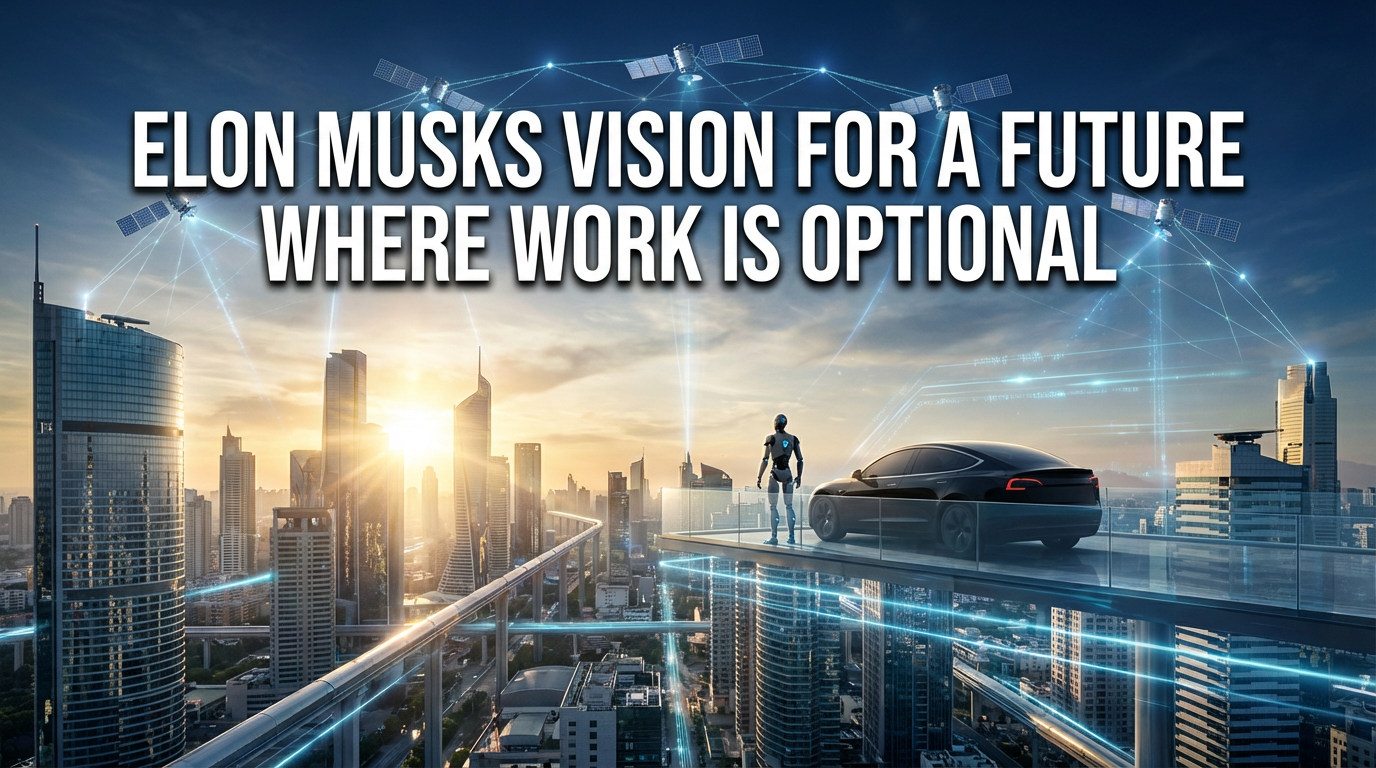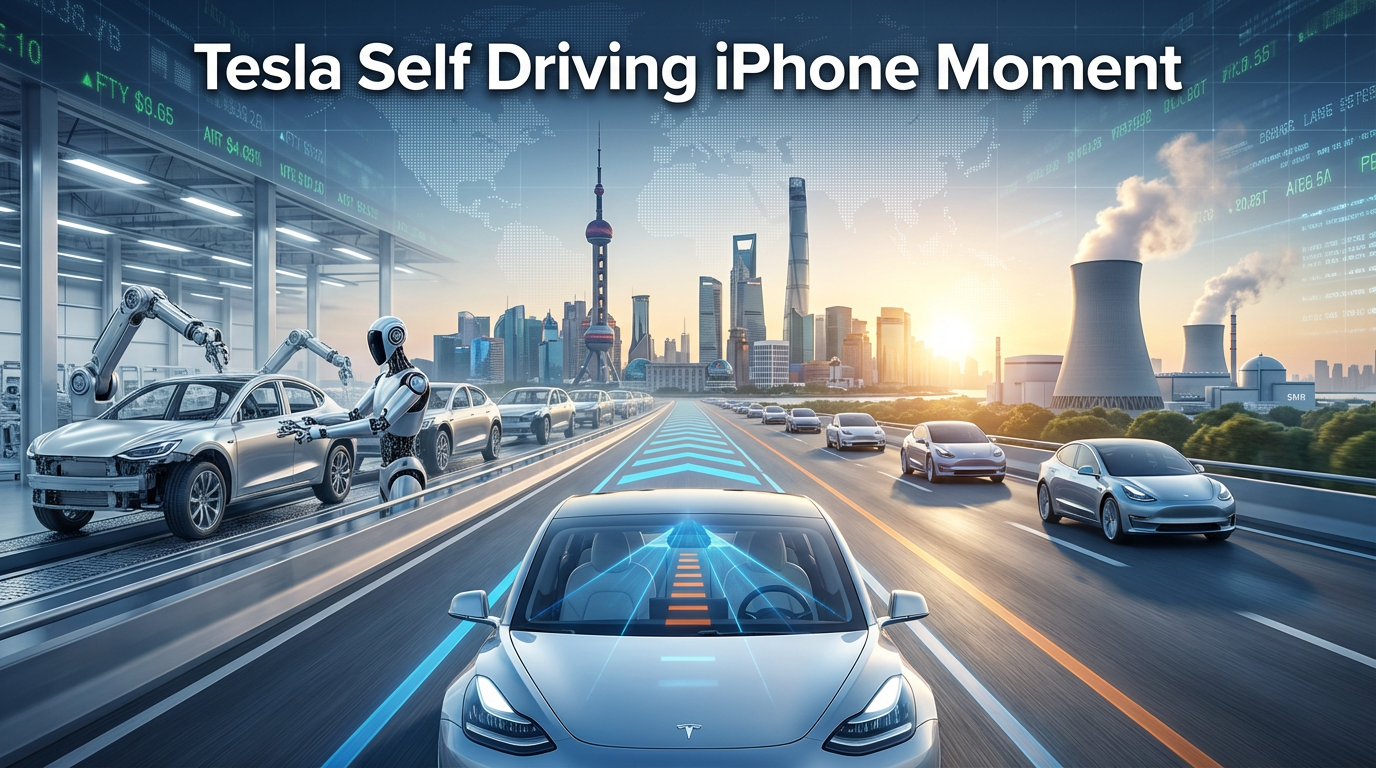● Revolutionary AI Breakthrough, LG’s ‘Find’, Transforms Data Analysis
LG Electronics’ ‘Chata’: A New Horizon in Big Data Analysis and AI Innovation Utilizing ChatGPT
1. Development Background and Business Necessity
LG Electronics generates valuable data amounting to 2TB daily from 18 million devices, and aimed to address the issue of existing analysis methods being limited to experts, which reduced work efficiency.
With the advent of generative AI, specifically ChatGPT, the company recognized the potential of allowing anyone to request data in natural language and convert it into program code for analysis, setting a goal to maximize data accessibility and usability.
The process of realizing key keywords in global economic outlook, digital transformation, and the Fourth Industrial Revolution, such as economic analysis and AI innovation, is particularly noteworthy.
2. Key Features and Architecture
LG Electronics’ AI agent ‘Chata’ possesses the following key features.
• Big Data Analysis Functionality – It includes various data analysis tools such as Text to SQL, Text to Python, allowing for rapid processing of user requests.
• Knowledge Exploration Functionality – It effectively classifies and summarizes customer VOC, product quality, and usage data in conjunction with internal AI agents.
• Security and Privacy – It enhances data security through metadata-based access while handling sensitive personal information like device data.
The entire infrastructure is built on the latest technologies including Microsoft Azure App Services, Azure Open AI, and Cosmos DB, ensuring high availability and scalability.
3. Innovation and Use Cases with the AI Agent
To improve the initial response time, which reached 80 seconds, LG Electronics upgraded its system by integrating a differentiated AI interface starting from GPT 3.5 to the latest GPT 4, enabling AI agents to perform planning and tool selection autonomously.
Actual employees easily access ‘Chata’ through the Teams application, analyzing data for product planning and actively utilizing customer VOC monitoring.
Moreover, it is being recognized as a leading example of digital transformation in the field by extending beyond data analysis to include knowledge Q&A services through the integration of various AI apps based on the MCP protocol.
4. Key Experiences and Strategic Lessons
The lessons learned by LG Electronics through this journey go beyond simple technology adoption.
• It is crucial to focus on smaller tasks to derive quick insights.
• Utilizing metadata has proven effective in improving data accessibility and addressing security issues.
• Ensuring automation and connectivity through AI agents significantly enhances decision-making and innovation capabilities of team members.
These strategies are essential elements in enhancing market competitiveness now and in the future, alongside key themes such as global economic outlook, AI innovation, economic analysis, digital transformation, and the Fourth Industrial Revolution.
5. SEO Optimization and Conclusion
LG Electronics’ ‘Chata’ project is a representative case of innovating data utilization within companies by combining the latest AI technology and data analysis solutions.
This system, which can be immediately utilized in the field, plays a crucial role in strengthening the company’s economic analysis capabilities and realizing digital transformation strategies in alignment with the global economic outlook and the Fourth Industrial Revolution era.
It is expected that such innovations will spread to more companies and industries, driving both AI innovation and economic development.
Summary
LG Electronics developed the ChatGPT-based AI agent ‘Chata’ to overcome the difficulties of processing and analyzing 2TB of data daily, significantly improving data accessibility.
This system offers various functionalities, including Text to SQL and natural language Q&A, and operates on the latest infrastructure such as Microsoft Azure.
Consequently, ‘Chata’ has established itself as an essential economic analysis tool for enhancing decision-making and innovation capabilities of team members, evolving beyond data analysis to knowledge exploration and AI agent automation, crucial in the era of global economic outlook and digital transformation.
[Related Articles…]• LG Electronics AI Innovation Case
• ChatGPT and Big Data Analysis
*Source: [ 티타임즈TV ]
– LG전자 데이터 전문가가 챗GPT 보자마자 “아!” 하고 만든 AI에이전트 ‘찾다’ (김성일 LG전자 데이터플랫폼 담당 선임)
● Economic Collapse Ahead
Analysis of the Decline of Popularity in Korean Football and Future Changes, Insights Amid Economic and AI Trends
Analyzing the Reality of the Decline in Popularity of Korean Football
Various factors are contributing to the gradual disappearance of the popularity of the Korean national football team’s fans.
Firstly, issues related to the internal election system of the Football Association have been analyzed, suggesting a disconnection from fans.
The indirect voting system via a group of about 200 electors results in outcomes that are out of touch with public sentiment, increasing fans’ disappointment.
The transparency issues criticized since the Klinsmann era continue to this day.
These internal problems negatively impact not only the decline in performance but also the overall organizational operation and policies.
Differences in System and Cultural Influences with Japan
The stark difference between Korean and Japanese football is not just in technical skills but also in systemic approaches.
Japan has a systematic education system that nurtures a wide range of talents consistently from youth to professional levels.
In contrast, Korea tends to focus on intensive care for players with genius potential, relying on short-term achievements.
This difference ultimately determines the overall performance and stability of the teams.
Moreover, the lack of fan support and community activation also contributes to the decline in popularity.
Connection with External Economic and Global Trends
Amid global economic forecasts and AI trends causing significant changes across industries, the sports industry is also impacted by new digital transformations and economic innovations.
The top SEO keywords such as economic forecasts, digital transformation, AI trends, global economy, and economic innovation are being reflected in sports marketing and fan communication.
Sports broadcasting and related media have evolved beyond merely relaying match results; they now utilize data analysis and AI technology for match predictions and fan engagement platforms.
Such economic and technological trends hold the potential to revitalize traditional sports industries like Korean football.
Strategies and Reform Directions for the Future
For the revival of Korean football in the future, internal structural reform of the Football Association and active communication with fans are essential.
Proposals for transitioning to a transparent, open direct voting system are being suggested, which can lead to structural improvements allowing more public participation.
Furthermore, it is necessary to create a match culture that is easily accessible to fans by enhancing local clubs and professional leagues.
Strengthening team competitiveness through the recruitment of diverse talents, including mixed-nationality players, and adopting data analysis and digital innovation in line with global economic and AI trends are required strategies.
Ultimately, Korean football needs to enhance its competitive edge while moving towards a new sports industry model linked with economic and AI innovations.
[Related Articles…]
The Future and Challenges of Korean Football
Sports Innovation Amid Global Economy and AI Trends
*Source: [ 지식인사이드 ]
– 국가대표 축구의 인기가 점점 사라지고 있는 이유 | 상국열차 EP.3 (박문성, 피터)
● Google’s Self-Healing AI Revolutionizes Cybersecurity, Transforms Global Economy
The Shocking Impact of Google’s Self-Healing AI and Automated Browser Manipulation Innovations on the Global Economy and the Fourth Industrial Revolution
Preview of Key News Content
Google DeepMind’s latest AI systems, CodeMender and Gemini 2.5 Computer Use, have been unveiled.
This article will detail how CodeMender autonomously fixes open-source security vulnerabilities,
and how Gemini 2.5 manipulates web browsers and apps like humans, reconstructing the digital environment.
Additionally, we will systematically analyze the impact of these two systems on the global economy, AI trends, the fourth industrial revolution, economic outlook, and technological innovation by category.
1. CodeMender – Technological Innovation of Self-Healing AI
CodeMender is an AI developed by DeepMind that autonomously detects and fixes security vulnerabilities occurring in dozens of open-source projects.
• In just six months, it has applied over 72 verified security patches,
• Proactively solving issues before human review through code logic analysis, identifying root causes of vulnerabilities, generating and validating patches.
• Utilizing advanced program analysis techniques such as static/dynamic analysis, fuzzing, differential testing, and SMT solvers,
it thoroughly analyzes data flow and the locations of security vulnerabilities within the code.
This approach heralds a future where AI autonomously strengthens digital infrastructure beyond mere automation tools.
2. Gemini 2.5 Computer Use – AI Manipulating the Web Like Humans
Gemini 2.5 Computer Use has been developed to enable AI to perform various interface manipulations on the web, such as clicking, inputting, and scrolling, just like a real user.
• The demo revealed that it could handle complex tasks from filling out a pet care site’s membership form to updating a CRM system and scheduling appointments.
• By analyzing screenshots, it generates and executes commands at each step, continually working toward achieving its goals based on new screenshots.
• It has also proven high reliability and speed in both browser and mobile UIs, reflecting current trends in economic outlook and technological innovation.
Safety is also a key focus, with a safety check service operating before each action to prevent CAPTCHA bypassing or sensitive system manipulation.
3. Impact on Global Economy and the Fourth Industrial Revolution
These innovative technologies signal significant disruption beyond mere development assistance tools,
affecting the paradigm shift in the global economy and the fourth industrial revolution.
• CodeMender maximizes security stability in the open-source ecosystem,
providing a reliable foundation for companies and developers worldwide.
• Gemini 2.5 Computer Use enhances labor cost savings and work efficiency in software testing and automation fields.
• Such technological innovations are expected to lead AI trends and economic outlooks, playing a key role in the next-generation digital infrastructure.
4. Important Points Often Overlooked in the News
• CodeMender’s Multi-Agent System:
Small AI agents performing different debugging roles automate the self-correction phase after code comparison and modification, ensuring efficient patch creation before manual review.
• Real-Time UI Testing and Recovery Features:
Gemini 2.5 Computer Use quickly recovers from potential UI errors, drastically reducing the failure rate of tests during project progression.
• Expansion of AI’s Role in Cybersecurity:
In the future, Google plans to expand CodeMender technology to security areas such as AI-based ransomware detection, indicating a paradigm shift in cybersecurity.
5. Conclusion and Future Outlook
These two AI systems exemplify a future technology innovation that impacts the autonomous maintenance and management of the digital environment,
as well as the global economy positively.
In the future, these technologies are likely to be key drivers of the fourth industrial revolution in the fields of AI trends and economic outlook.
Particularly noteworthy is the ability to achieve both enhanced security and work efficiency through technological innovation.
[Related Articles…]Google Self-Healing AI InnovationAI-Based Future Economic Outlook
*Source: [ AI Revolution ]
– Google Just Dropped AI That Fixes The Internet



